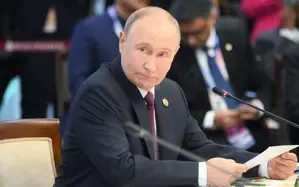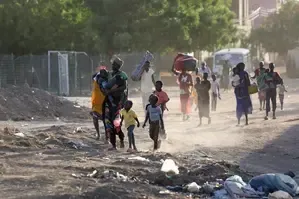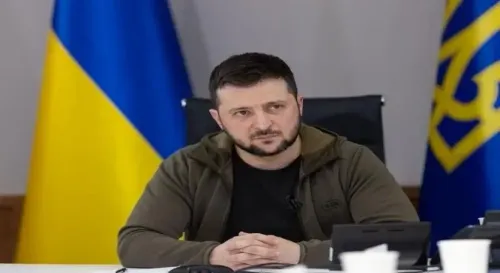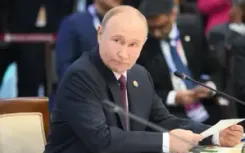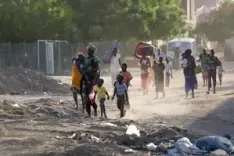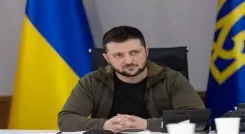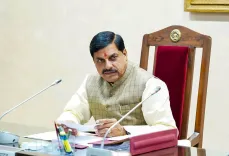Is Pakistan's 'record of sexual violence crimes' from the Bangladesh war still ongoing?

Synopsis
Key Takeaways
- Pakistan's historical record of sexual violence during the 1971 Bangladesh Liberation War remains a pressing issue.
- Current allegations highlight ongoing human rights violations against women in Pakistan.
- India has called attention to the impunity with which these crimes continue.
- UN reports indicate a need for enhanced support for survivors of sexual violence.
- Violence against women and girls in Pakistan is a significant concern for the international community.
United Nations, Aug 20 (NationPress) While Pakistan positions itself as a defender of human rights, its disturbing history of atrocious sexual violence crimes against women that began during the 1971 Bangladesh Liberation War continues unabated, as per India's statement at the Security Council.
India's Permanent Mission's Charge d'Affaires, Eldos Mathew Punnoose, remarked on Tuesday (local time), "The sheer impunity with which the Pakistani military committed appalling acts of sexual violence against women in the former East Pakistan in 1971 is a matter of disgraceful record."
"This unforgivable trend persists without consequences to this day," he stated in response to Pakistan's accusations against India.
During the Bangladesh Liberation War of 1971, it is reported that the Pakistani Army and its collaborators subjected approximately 400,000 women to systematic rape.
"It is ironic that those who commit such crimes now pose as champions of justice," he commented, adding, "The duplicity and hypocrisy are glaringly evident."
Punnoose was addressing allegations put forth by Pakistan's Permanent Representative, Asim Iftikar Ahmad.
While the council's debate focused on 'Identifying Innovative Strategies to Ensure Access to Life-Saving Services and Protection for Survivors of Sexual Violence in Conflict Zones', Pakistan, as is customary, diverted the conversation to criticize India regarding Kashmir.
Punnoose detailed the spectrum of rampant offenses perpetrated against women by Pakistan.
He noted that various UN agencies have documented these crimes.
"There are alarming reports of abductions, trafficking, forced early marriages, domestic servitude, sexual violence, and enforced religious conversions targeting thousands of vulnerable women and girls, as outlined in recent reports by the Office of the United Nations High Commissioner for Human Rights (OHCHR)," he stated.
Pramila Patten, the secretary-general's special representative for sexual violence in conflict, faced scrutiny from a coordinated effort between Pakistan's UN mission and a Palestinian journalist.
After consulting with the mission, the journalist questioned why the allegations made by Pakistan's ambassador were omitted from her statements to the Council.
Spokesperson Stephane Dujarric dismissed it, asserting, "I believe Ms. Patten's office produced a report based on all available information. That's all I can convey."
Patten cautioned that survivors of sexual violence are encountering a crisis as funding for their support is being reduced.
"We are informed that there are no funds for life-saving assistance, even as military spending increases, and the world allocates more funds in 24 hours for arms than it does in a year to combat gender-based violence in conflict," she remarked.
Punnoose referenced OHCHR reports, with the latest indicating that in Pakistan, "Women, especially those detained on blasphemy charges, suffer significant gender-specific harms."
The expert report released last month expressed shock at the rising violence against vulnerable communities based on their religion or belief.
"These communities have endured constant assaults, killings, and ongoing harassment for months amid a climate of hostility and advocacy for hatred against them," the report noted.
A thorough review of the situation in Pakistan by the OHCHR's Human Rights Committee in December expressed ongoing concern about the high rates of violence against women and girls, including murder, rape, kidnapping, and domestic abuse.
The Committee also highlighted human rights violations in Balochistan, where participants in the Aurat (Women's) March experienced reports of "enforced disappearances, torture, excessive force, and mass arbitrary arrests."

